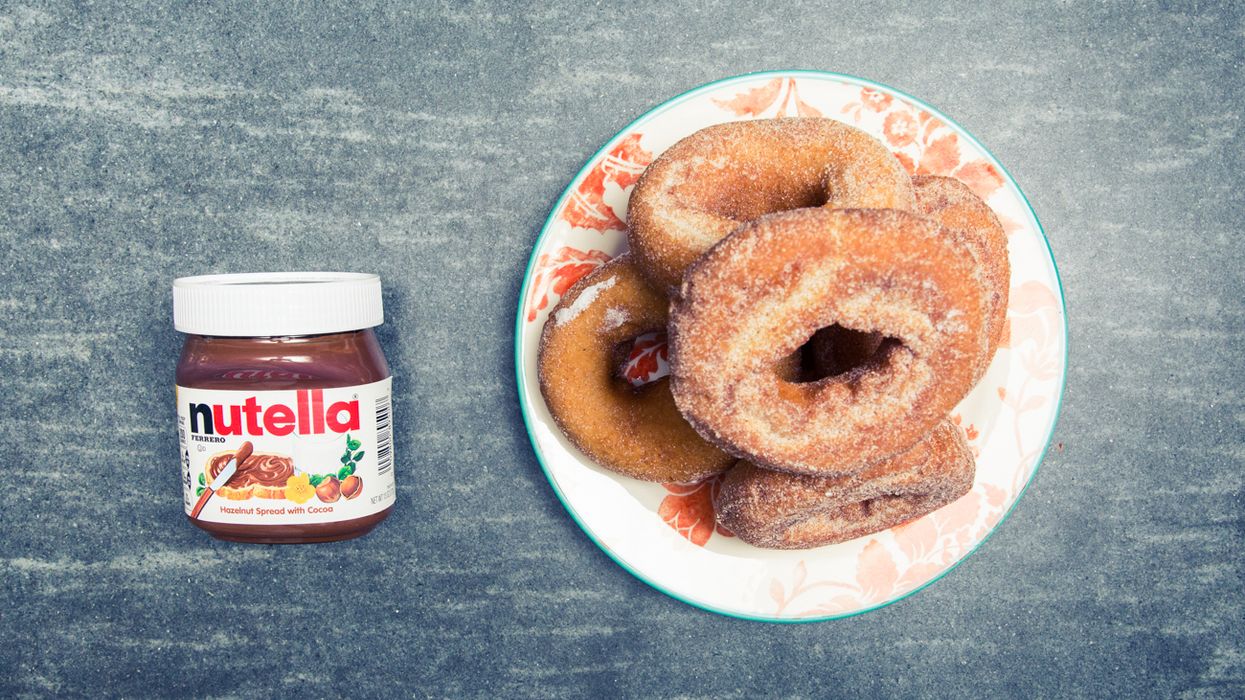
If we were tasked with counting all the different diets out there, we’d need several weeks. Possibly months. But as we all know, diets are useless, and the important thing is to eat well, embrace local food, love yourself, and other lovely nutritional ideals. The trouble is, sometimes it can be hard to know what to eat or when to eat or how best to eat, especially if you have a complicated history with food. And that’s why you’ve been seeing intuitive eating all over the place lately.
Intuitive eating has become a sexy nutritional buzzword, but it has deep roots. Back in 1995, long before Amazon Prime could have the book to your doorstep within hours, Intuitive Eating: A Revolutionary Program That Works stormed the market. It was typically nineties, in that pre-millennium, woo-woo, analog kind of way, and it was a hit.
The program, developed by dietitians Evelyn Tribole and Elyse Resch, embraced 10 basic principles, and we quote: reject the diet mentality, honor your hunger, make peace with food, challenge the food police, respect your fullness, discover the satisfaction factor, honor your feelings without using food, respect your body, exercise—feel the difference, and honor your health. Simple, right?
In a word, no. It’s hard to let go of years of programmed food ideas and just get super groovy with a bag of potato chips or a bowl of applesauce or whatever you intuitively feel like eating at any given moment. But, apparently, according to the founders of this design for eating, it is possible.
“Rejecting the diet mentality” is the crown principle of the intuitive-eating movement. What does that mean, exactly? It seems it means health has to be put on a pedestal, dethroning any lingering body-image issues for good and for all. This rejection is “about changing your mind-set and recognizing, then stepping away from, the internalized beliefs that come from diet culture,” dietitian Christy Harrison told the Washington Post.
“Intuitive eaters don’t apologize for eating a doughnut or a salad,” Tribole told the Washington Post of her brainchild. “But the confusion is understandable.” If you need a good rule of thumb, try asking yourself, “What’s the intention behind the desire to eat a healthy food?” Tribole said. “If the intention is to shrink your body, then that’s a clue that diet mind is at play.”
Of course, there’s more to the story—we can’t summarize an entire book’s worth of eating philosophy and tenets of nutrition into a few paragraphs. (We’re not genies!) But the basic idea is that intuitive eaters allow themselves to embrace food for its inherent value, and health for its intrinsic value, as opposed to striving wildly toward unattainable goals and unrealistic body images. And we can definitely get behind that.
Under the last principle of the program, “honor your health,” the dietitians suggest that you “make food choices that honor your health and taste buds while making you feel well,” and “remember that you don’t have to eat a perfect diet to be healthy.” Instead of rating foods as good or bad, this way of eating encourages participants to just eat when they’re hungry.
“You will not suddenly get a nutrient deficiency or gain weight from one snack, one meal, or one day of eating,” they write. “It’s what you eat consistently over time that matters; progress, not perfection, is what counts.” Progress, not perfection, folks. It works for just about any situation.
Want more stories like this?
Are We Hiding “Diet” Behind “Wellness”?
Beauty Foods You Need to Have in Your Cupboard
The Spices Missing from Your Diet That Will Change Your Beauty Routine




